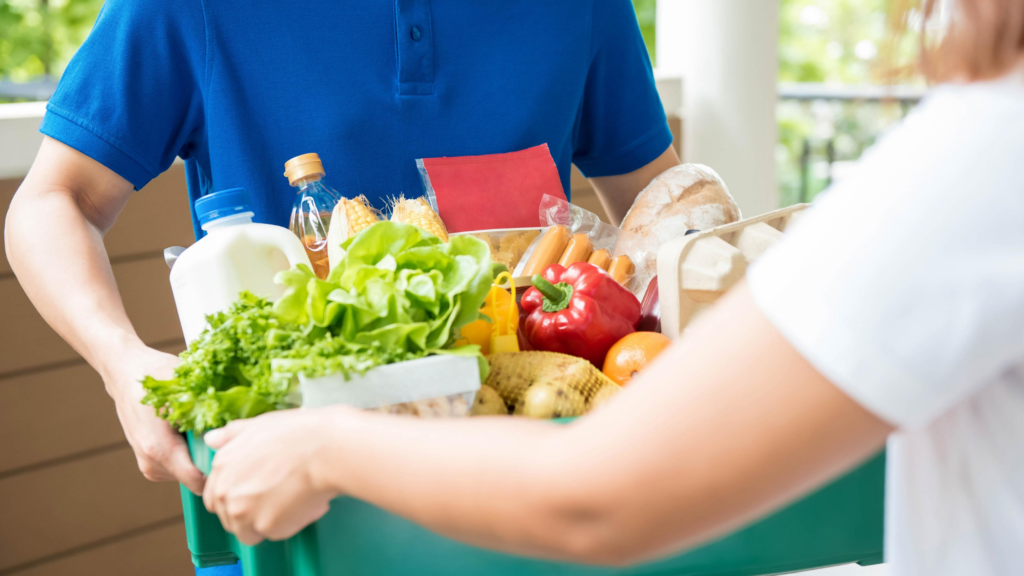Food security technologies are the advanced techniques used for the production of required food. This helps satisfy the demand arising from the rising population. The food security technologies comprise genetic engineering, nanotechnology, chemical technologies, agricultural technology, irrigation techniques, and so on. As per the World Food Summit, food security is when each individual has economic and physical access to nutritious, safe, and sufficient food to meet their food preference and daily needs to lead an active life.
Food security is a significant issue in South Africa and in numerous other developing regions across the globe. The key factors that are contributing to the global food security technologies market growth are reduction in the arable land due to industrialization and rising population. In addition, rapidly developing uses of technologies in the agriculture and food security sector coupled with increasing investments and initiatives by the government of various countries are foreseen to uplift the demand in the market. Furthermore, a surge in awareness regarding food security combined with increasing demand for natural food additionally adds to the development of the global food security technologies market.
Nevertheless, lack of skilled resources and significant expense of the technologies is likely to negatively affect the growth of the market. However, a rise in research activities for the improvement of the product and rapid advancement in innovation is probably going to open a new road for the key players.
The global food security technologies market is divided into technology and region. The technology segment is classified as genetic engineering, no-till technique, micro-irrigation, bio seeds, Integrated Soil Fertility Management (ISFM), nanotechnology, water harvesting, sprinkler irrigation, drought & heat tolerant techniques, crop protection technologies, and others.
Geographically, Europe and North America are anticipated to lead the global food security technologies market within the forecast period in terms of revenue generated. This is owing to the rapid adoption of technological advancements and increased research & development activities. Moreover, Asia Pacific is also likely to register significant growth in the market due to increased government support, rising population, and rising awareness among the people. Apart from this, the Middle East & Africa and Latin America are expected to witness limited growth within the forecast period.
Kraft Foods Inc., BASF, Mahindra and Mahindra, Bayer CropScience AG, Cargill, Novozymes, DuPont Pioneer, Nestle, H.J. Heinz, John Deere, etc. are some of the reigning players in the global food security technologies market.
To cite, in order to reduce the impact of the pandemic on the agriculture industry, the Department of Science and Technology (DOST), Philippines, launched a vegetable farming initiative for the farmers in Angono, Rizal. It encourages the use of vegetable gardening and hydroponics technologies to reduce the risks to food security in the particular municipalities of Calabarzon.
